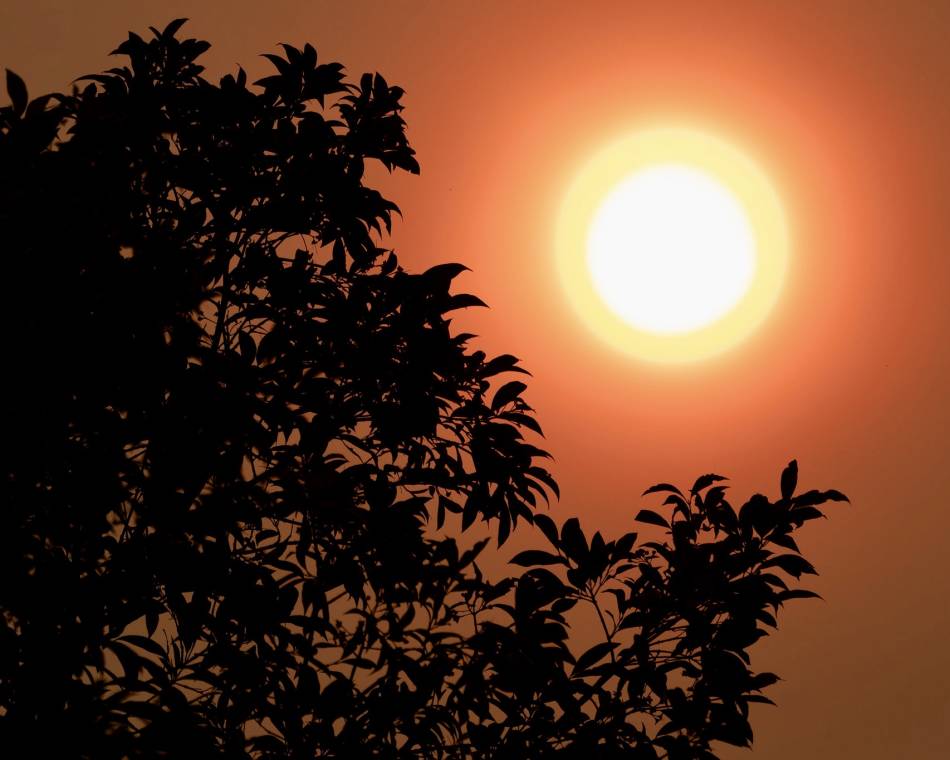GENEVA (AN) — The world's top climate experts sounded the alarm over the consequences of inaction in an exhaustive new report that details the hell of a warming world fast approaching for billions of people on the planet.
Hardest hit are the people and ecosystems least able to cope with the drought, heat waves, hunger, extreme weather, sea level rise and other effects of global warming, the U.N.'s Nobel Prize-winning Intergovernmental Panel on Climate Change says in its major report, entitled Climate Change 2022: Impacts, Adaptation and Vulnerability.









